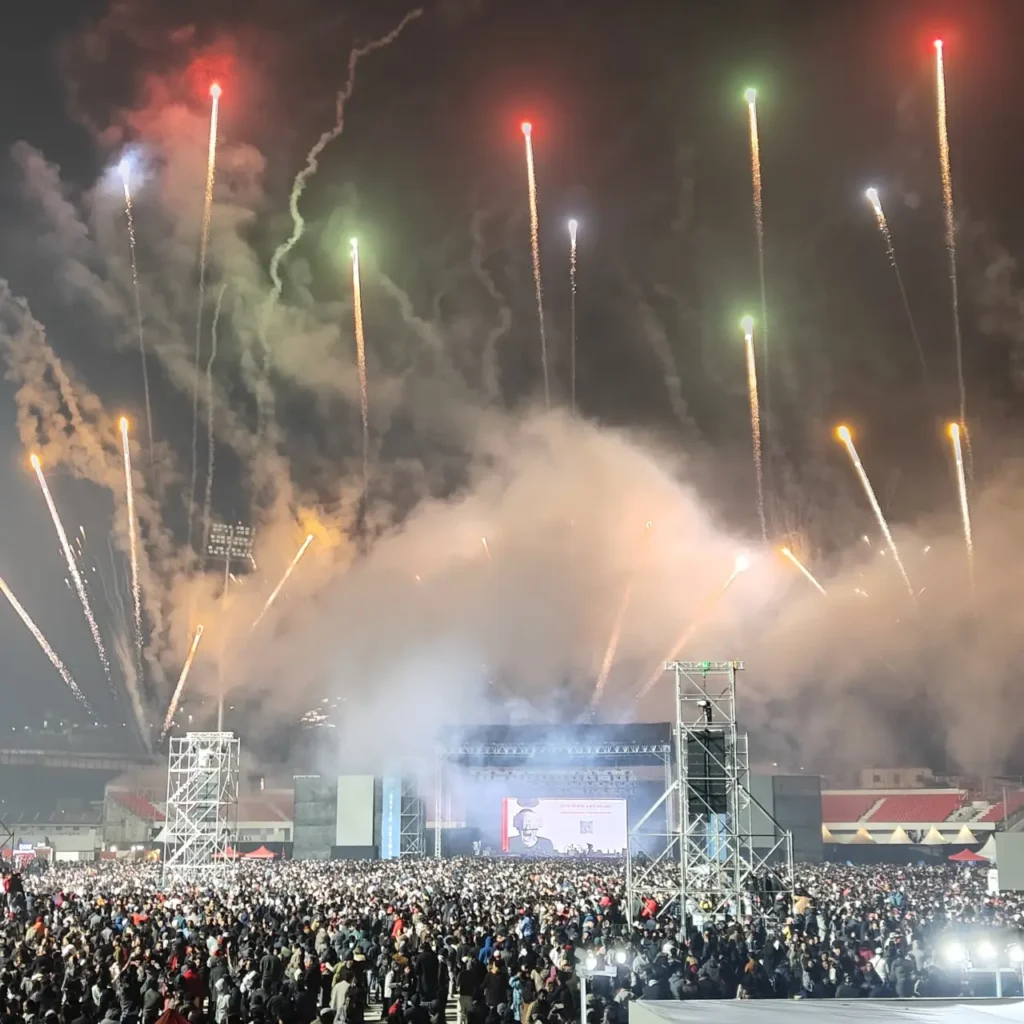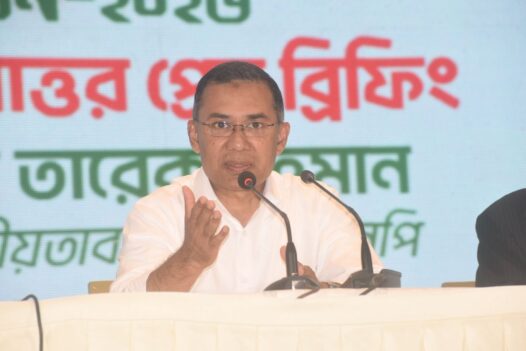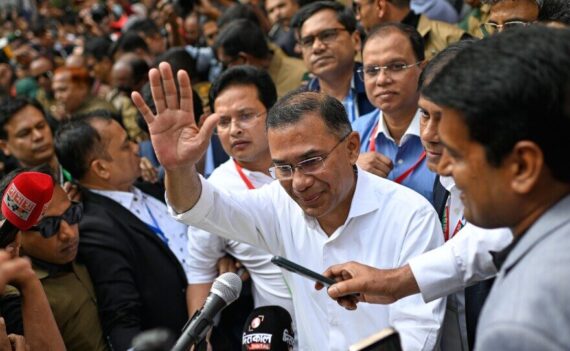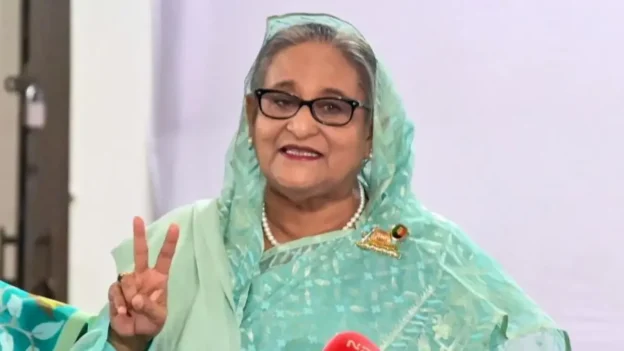The growing VVIP culture in Shillong, particularly when it gets associated with festivals and events, is fast becoming a matter of immense public concern and frustration. This became particularly evident during one of the most anticipated musical performances in the city—Bryan Adams’ show held on December 10 at the Jawaharlal Nehru Sports Complex in the Polo Grounds. As the night wore on and concertgoers began to make their way back, the atmosphere was filled with chants of “stop it, don’t pollute,” and loud boos, echoing the discontent of thousands who had walked back from the venue, some heading towards vehicles parked over 5 kilometers away, and others even further.
What sparked this widespread anger was the conduct of VVIPs, which predominantly included ministers, high-ranking officials from the Meghalaya government, and top military officers. As these individuals exited the venue, they chose to blare their sirens, a show of power that seemed out of place at such a late hour. The fact that it was well past 10:30 PM and most of these VVIPs were likely headed home only raised questions: Why the need for such displays of authority at this time of night? For those walking back, the sight and sound of speeding cars with sirens blaring was not only a nuisance but also a form of harassment, reinforcing the growing sense that the needs of ordinary citizens were secondary to the convenience of the elite.
This incident was further compounded by the shadow of a recent tragedy, when a VVIP escort vehicle knocked down a biker near Umroi on its way to the Cherry Blossom Festival. The public outrage that followed added fuel to the fire. For many, the obsession with prioritizing VVIPs at such events is becoming increasingly intolerable. Concertgoers at the Bryan Adams show expressed frustration that their experience was marred by the extravagance and excesses that have come to define such events. Instead of focusing on the music, they found themselves distracted by the glitzy spectacle, with overpriced liquor and unnecessary fanfare taking center stage. “The show could have been more about the music,” one concertgoer said, “but it was more about everything else but that.”
The growing concerns over this issue were magnified after the biker’s death, which led to a surge of public outrage. A social media campaign -No to VIP culture and Down with VIP culture soon followed. The campaign, initiated by Shillong-based singer and musician Rudy Wahlang, has been asking elected representatives and officials to “set the example” by rejecting this culture. He has been quoted in local media as saying, “This VIP culture in Meghalaya has to stop. Period. Whether it is the CM, Deputy CM, other ministers, MLAs, government employees, or the Indian Army… Just stop this damn disrespect and disregard for law and order. Just because you are in ‘control’ does not mean that you can do whatever you want. Have some self-respect.”
Wahlang’s frustration was particularly directed at the behaviour he witnessed at the Cherry Blossom Festival, calling it “the worst form of disrespect and indignity.” He further suggested that VVIPs should arrive at venues well in advance to avoid disrupting the experience of the general public. Local media reports further quote the Shillong musician as saying, “You so-called VIPs should be made to be at the venue one hour before the festival starts so that we mere mortals can drive to the venue peacefully,” which also underscores his point that the VIP culture is undermining the essence of community events.
This growing sense of frustration was palpable on the night of the Bryan Adams show. While the concert itself was a massive draw for fans, the experience was overshadowed by the disproportionate attention given to VVIPs. The event became a reflection of a disturbing trend where VIPs are afforded privileges that disrupt the flow of normal life for the rest of the public. On the one hand, ordinary concertgoers were subjected to stringent traffic restrictions, with many forced to park far from the venue and walk long distances. On the other hand, VVIP vehicles, with their sirens blaring, were allowed to rush through the roads, seemingly unconcerned by the inconvenience caused to those walking or waiting in line.
Scenes of police officers blocking vehicles beyond certain points, sometimes even getting into scuffles with local residents, became all too familiar. These restrictive measures, intended to ensure order, often felt like an imposition, especially when compared to the free pass given to VVIP vehicles, which blatantly disregarded “No Entry” signs and other road regulations. The lack of respect for basic traffic norms only added to the growing discontent.
But the issue goes beyond just cars, sirens, and traffic disruptions. Lately, there has been an increasing emphasis on accommodating VVIPs at public events, particularly at music festivals and tourism-driven festivals. At the Bryan Adams show, many concertgoers felt that the organizers’ focus had shifted too much towards the comfort of the VVIPs, neglecting the needs of those who actually paid for tickets and contributed to the success of the event. “Unlike many possible freeloaders, we the paying audience were left to deal with the inconvenience,” said one fan. While walking long distances to the venue wasn’t a dealbreaker for some, the feeling was that the show should have been about the music first and foremost, rather than about the glitz, the costly liquor, and the ostentatious displays.
This growing dissatisfaction led to the public booing of VVIPs as they left the event. The sight of the elite being greeted by disapproval is a clear sign of the building resentment among the general population, who feel increasingly alienated by the preferential treatment afforded to a select few. For many, this moment served as a symbol of how the true spirit of the festival—the joy of music and the collective experience—is being undermined by the growing VVIP culture.
The booing of VVIPs should serve as a wake-up call for civil society activists, pressure groups, and opposition parties to demand better management of such events. There is an urgent need to establish standard operating procedures (SOPs) for VVIPs that ensure they do not inconvenience the common public. Such guidelines should prioritize the participation and comfort of ordinary people—those who drive the success of these events—while ensuring that VIPs, regardless of their rank or status, are held accountable for their actions. Only then can we hope to restore the true essence of music and community events in Shillong, where everyone, regardless of their social standing, can enjoy the celebration equally.







